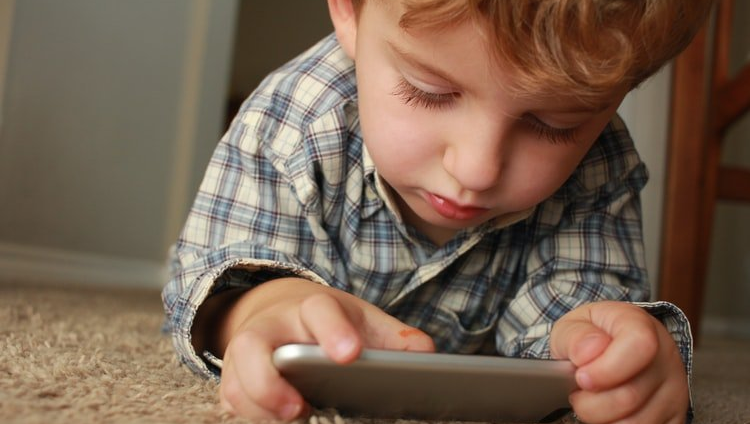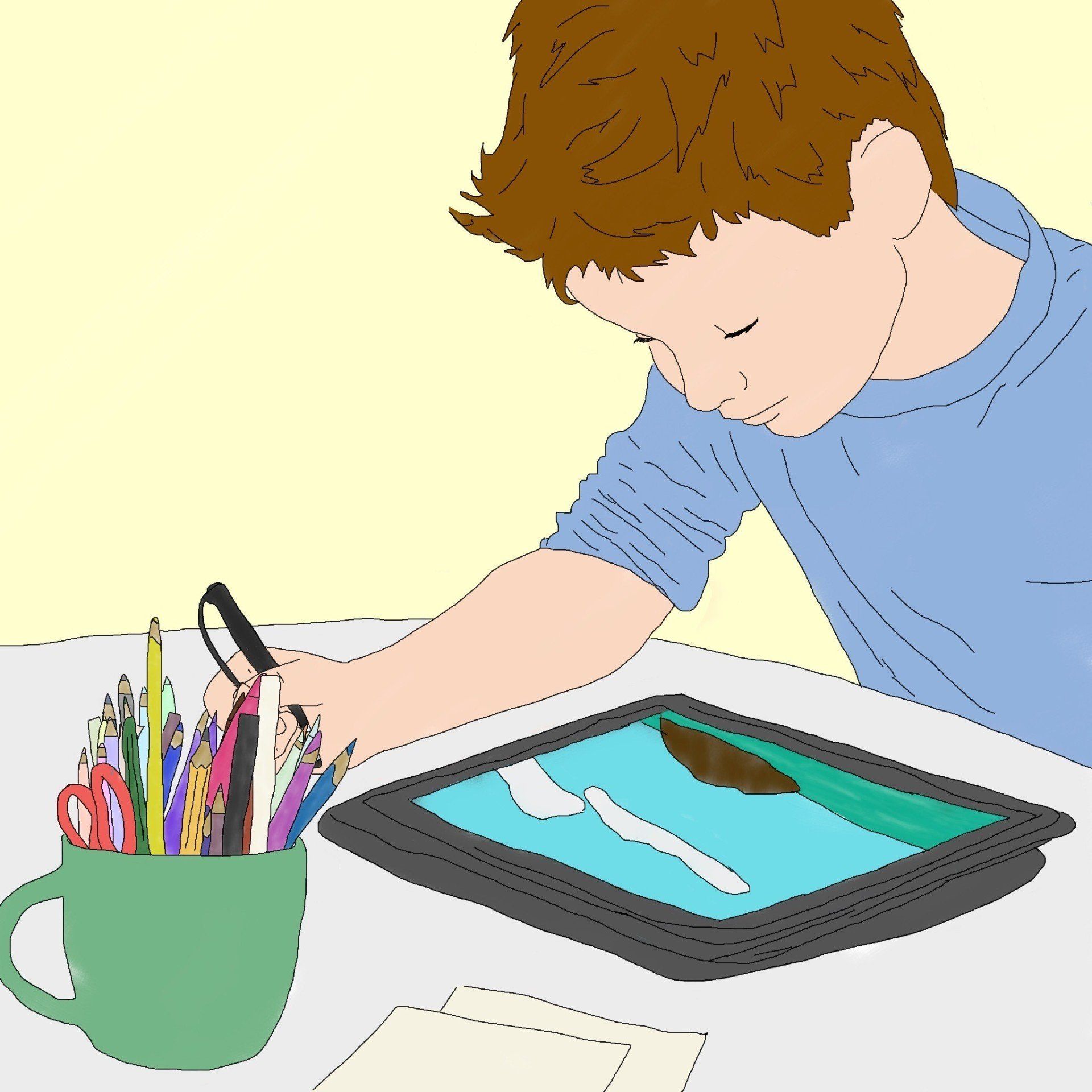Scriba & Show Me
Scriba and Show Me have worked very closely to deliver a unique slide creation experience that has been tailored for teachers, educators and anyone that wants to deliver and share presentations. Extensive testing with Show Me's top users has resulted in functionality, which may initially seem to lack a wow factor, but for these demanding users this has streamlined the slide creation process. By addressing a number of their pain points we have delivered a better all in experience.
It's simple and natural, with Scriba's gestures all you need to do is squeeze. A single click cycles through Show Me's colour set,
a double click does the same for line thickness and the most popular feature is using a partial squeeze to switch from drawing
to erasing.
Now, for a limited time only, if you subscribe to Show Me's Premium Classroom Plan, not only does this tier provide all the cloud storage that you are likely to need, but the subscription will also include a Scriba. This is the same premium Scriba that is compatible with a range of apps across multiple platforms and is yours to keep. Check out this amazing offer here.
What teachers think about Scriba and Show Me

"I love being able to control everything with a squeeze. So easy to use that it takes less time to use my Show Mes"
Jamie Reid

"It moves smoothly across the surface without any skipping or jumping. It makes changing colours very simple and it amazes the students as they add their ideas and show their work on the tablet."
Cheryl Losey

“Just makes everything easier and smoother to work with. It's much more comfortable to hold so I feel like my writing is neater and it eliminates me having to click things with my hands - just easier overall.”
Nate Eleuterio
Special Offer with ShowMe
 Show More
Show More
Articles

With schools in around 190 countries across the world closing in response to the COVID-19 pandemic, many parents are facing a formidable challenge: keeping their children occupied and developing at home. Overnight, students have had to adapt to new routines and parents have taken on new responsibilities as teacher and carer, often all while juggling their own work commitments or financial worries. Adults and children alike are turning to their screens for a sense of normality, a way to pass the time and to work and study. For parents, giving a child a screen is sure to keep them from bouncing off walls for at least a few hours, providing some much needed respite from 24/7 childcare duties. But many parents are feeling guilty and concerned about the amount of time their children are spending on devices. How much is too much? The WHO recommends that children under the age of 2 should have no passive screen time whatsoever as excessive use has been linked to language processing delays. Older children, around 2-5 years of age, should be limited to around 1 hour each day. There is no such guidance for older children but excessive screen time is often linked with poor quality of sleep, eye strain and inactivity and weight gain. While all of this is true, never during these studies did a global pandemic come into the equation.






